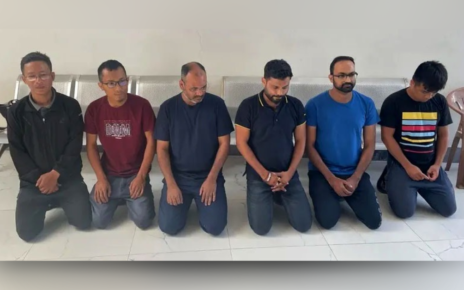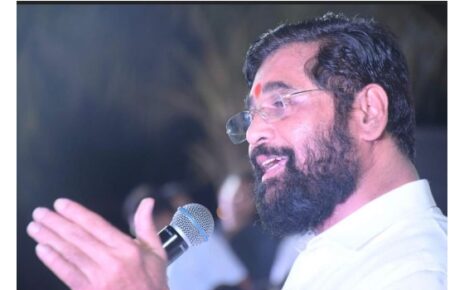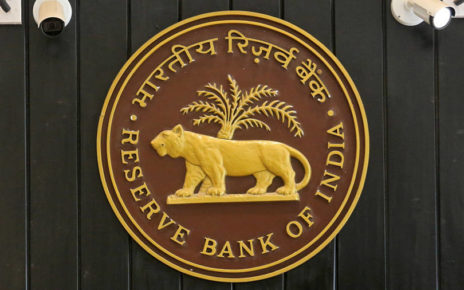Quingdao
The seeming upswing in India-China ties is likely to continue at the Shanghai Cooperation Organisation (SCO) summit in the coastal city of Qingdao where Prime Minister Narendra Modi and Chinese President Xi Jinping are slated to meet on Saturday.
The meeting will take place on the sidelines of the main summit and is under sharp focus — diplomats, analysts and watchers are looking for signs that will put the stamp of continuing turnaround of ties between the two neighbours.
Following the resolution of the Doklam standoff in August last year, both leaders have attempted to warm up bilateral ties.
Experts have differed on who needs better ties more: Xi’s China with its ongoing trade spat with the US and its interest in the attractive numbers of the Indian market or is it India’s Modi who doesn’t want another run-in with Beijing as New Delhi moves into election mode?
“Since a few months now, the priority in Delhi has been to appease relations with China and PM Modi sent more or less the same message in speech at the Shangri La dialogue (in Singapore) this weekend,” Frederic Grare, non-resident senior fellow at Carnegie’s south Asia program.
“Therefore, I don’t think that this coming SCO meeting will depart from that. The priority for Delhi will be to maintain good relations with one another,” Grare said.
“Whether these gestures represent a policy shift, or simply a desire to ensure there’s no embarrassing repetition of last year’s border clashes ahead of Indian elections in 2019, is a matter for dispute,” Wang Dehua, south Asia expert at the Shanghai Municipal Centre for International Studies, said.
“There’s also the question of how much of any thaw might be down to Xi, who has embarked on outreach with rivals including Japan as China faces pressure from US President Donald Trump over its trade policies,” Wang said.
The factor of China’s snug ties with Pakistan will also be a factor.
“The question of Pakistan in this context will be secondary but an indication of how far the Chinese are ready to accommodate India’s own interests and concerns, which was one of the line of the Wuhan summit (between Modi and Xi in April),” Grare said.
Both leaders will continue to focus on practical cooperation through their bilateral ties as well as through the SCO platform — a new platform for India as it became an SCO member in 2017.
“China and India will look more at practical cooperation, focus more on cooperation where their interests align,” leading south Asian scholar Lu Yang from Tsinghua University said.
“The disputes between the two countries should not play a negative role in the organisation. Both China and India should see strategically and have a great vision for the world. They are two rising major powers and they should have a great vision of the world, maybe for the next 20–50 years,” Sun Shihai, director general of the newly established China Centre for South Asian Studies in Sichuan university.
Modi and Xi met for nearly 10 hours in less than two days in April during an informal summit in Wuhan, leading to, according to diplomats, “strategic communication” and consensus between the two leaders.
In Qingdao, they will have an opportunity to make a quick assessment of the progress made on the consensus they had reached in Wuhan.
“The first and foremost important consensus (reached at Wuhan) was that India and China are partners in progress and in economic development,” Indian envoy Gautam Bambawale said in an interview to state media ahead of the SCO summit.
Economic development and practical cooperation are also watchwords for SCO, an eight-member bloc comprising countries from central Asia and south Asia besides China and Russia.
“Practical cooperation is the primary task of the SCO at present. The member states need to face some new issues and challenges together. The member states need to face some new issues and challenges together. For example, how to carry out cooperation in environmental protection and ecological development, how to realise sustainable development,” Zhang Henglong, vice-director of the Shanghai-based Public Diplomacy Institute of the SCO, said.




